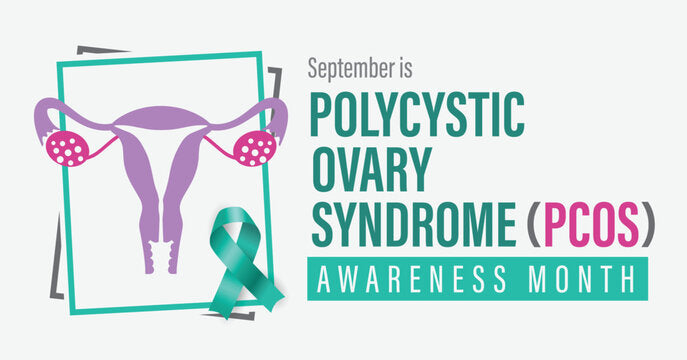PCOS is a common hormonal disorder that affects women of reproductive age. It can cause infertility, irregular periods, and other symptoms such as acne or excess body hair growth. Fortunately, nutrition plays an important role in managing the condition. In this article we will discuss how you can use nutrition to manage your PCOS problems.

What Are The Basic Principles To Managing PCOS:
When it comes to managing PCOS through nutrition there are some basic principles that should be followed.
Eat a balanced diet: Eating a healthy balance of carbohydrates, proteins and fats is essential for maintaining good health when living with PCOS. Foods like fruits, vegetables, whole grains and lean protein sources should make up the bulk of your meals.
Avoid processed foods: Processed foods tend to contain high amounts of sugar which can worsen many symptoms associated with PCOS including weight gain and insulin resistance. Therefore, it’s best to limit these types of food from your diet as much as possible.
Increase fibre intake: Fibre helps regulate blood sugar levels which is beneficial for those suffering from insulin resistance due to their PCOS diagnosis. Increasing dietary fibre by eating more legumes, nuts, seeds, fruit and vegetables may help reduce symptoms related to the condition.
Benefits Of Managing Your Diet for Pcos:
Managing your diet correctly has numerous benefits when dealing with polycystic ovary syndrome. These include:
Improved hormone regulation: Eating a well-balanced diet rich in nutrients helps keep hormones regulated which reduces many unpleasant side effects caused by imbalances. This includes reducing facial hair growth, regulating menstrual cycles and improving fertility rates.
Weight loss & maintenance: Many people who suffer from pcos struggle with weight management due to its link with insulin resistance. However, following a nutritious meal plan tailored specifically towards pcos sufferers can help promote steady weight loss without compromising on nutrient intake or energy levels throughout the day.

